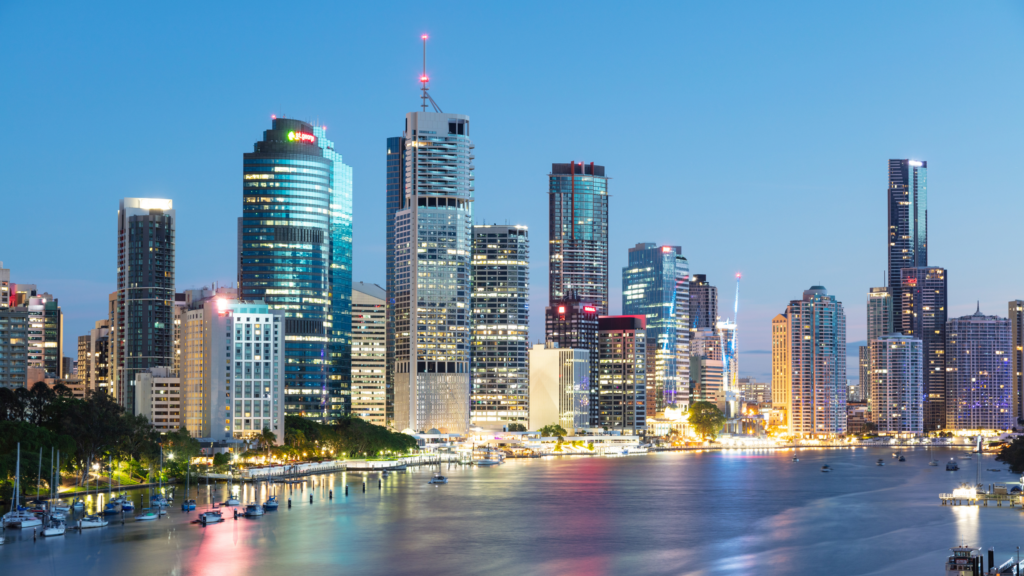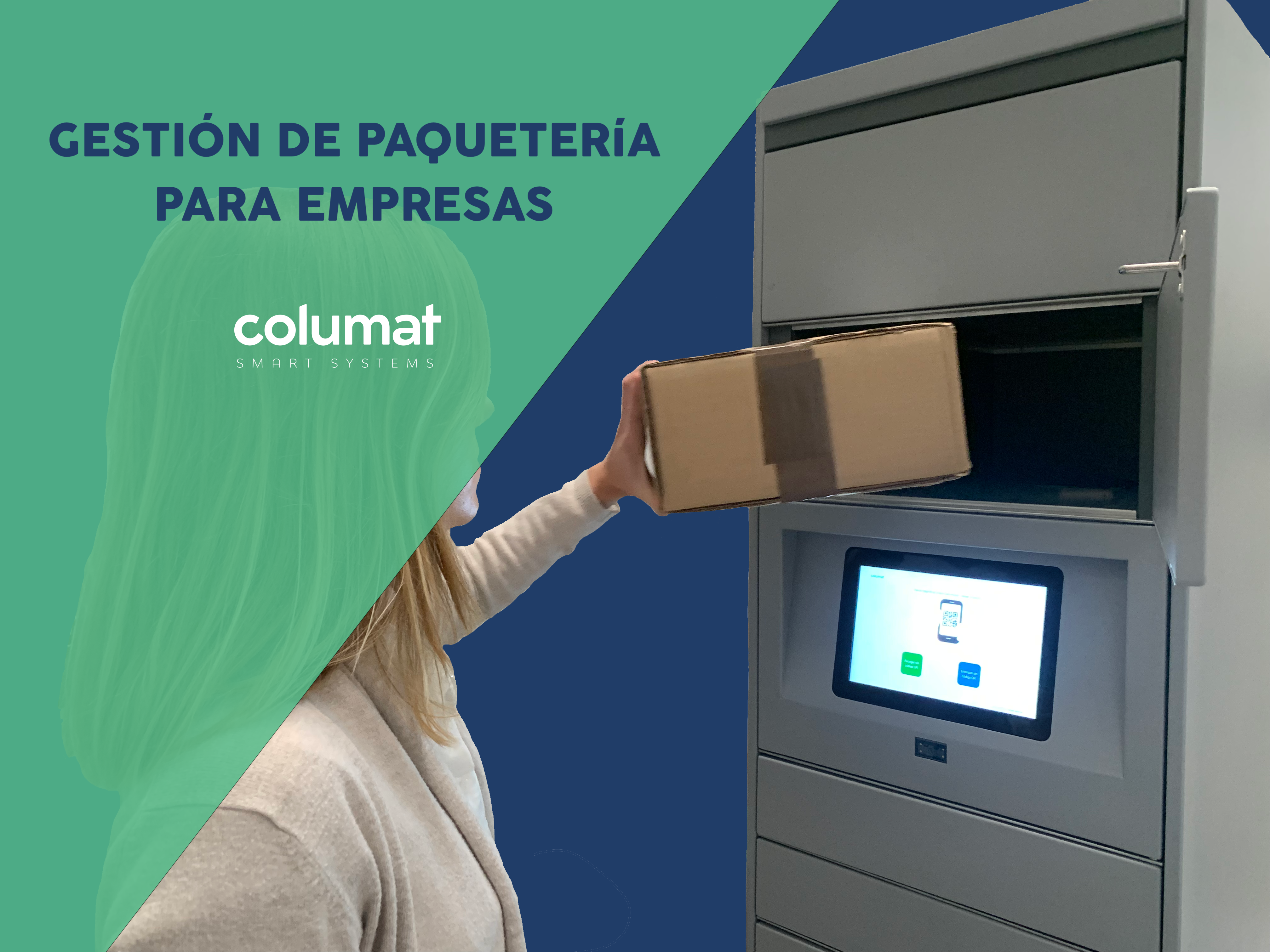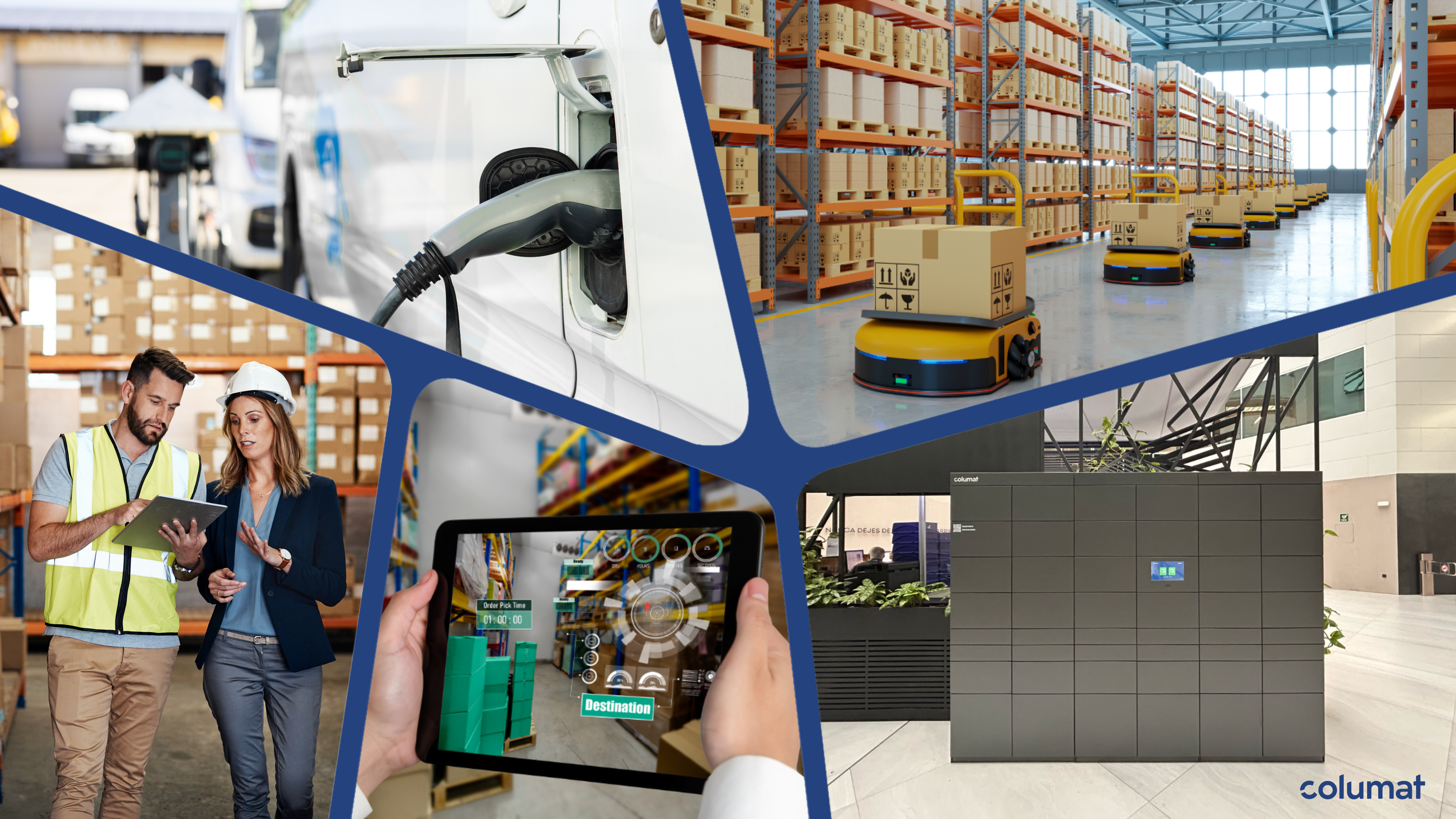Urbanization
Urbanization: challenges addressed through innovation
In an increasingly urbanized world, we face crucial challenges in managing our cities. With more than half of the world's population living in urban areas, and this figure set to reach 70% by 2050, there is a need to address issues such as carbon emissions, depleted resources and rapid urbanization leading to slums and inadequate services.
In response, digitalization and technology are emerging as key tools for improving urban well-being. Smart cities, using advanced technologies, efficiently manage urban services, as we see in examples such as Shanghai, Seoul, New York, Barcelona and Gothenburg.

Numerous cities are already taking steps towards sustainability and innovation. For example, Canberra is developing zero-emission public transport, while Copenhagen is using Big Data to reduce energy consumption. Technology is essential to this transformation, and the development of 6G promises greater capacity and speed for data-driven decision making.
In addition, cognitive cities, such as The Line and Trojena, go further by predicting and reacting to people's needs through automation and artificial intelligence. To become smart cities, cities must adopt a people-centered technological approach based on three pillars: connectivity, sustainable and innovative environments, and citizen participation.
Transforming our cities into smart cities is not only necessary to address current urban challenges, but also to improve quality of life and create more sustainable environments for future generations. However, this requires collaboration and commitment from governments, businesses and citizens alike. Together, we can build a smarter and more prosperous urban future.
Here is a link to another blog about sustainable cities:
https://www.columat.com/ciudades-sostenibles-mas-relevantes-que-nunca
Source:


